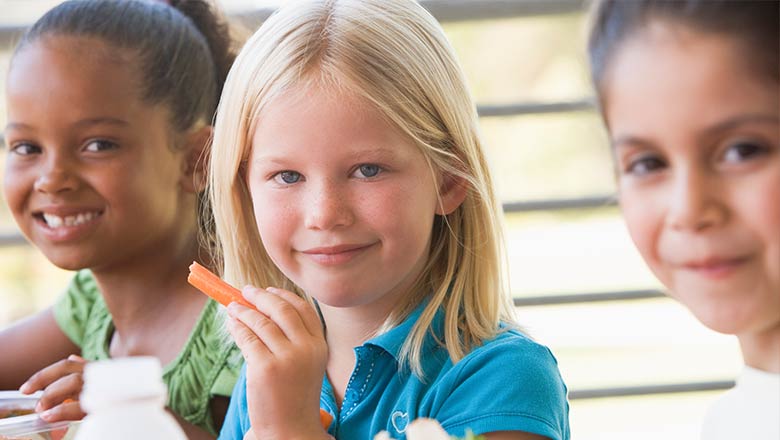Search
Research
The Addition of Fish Oil to Cognitive Behavioral Case Management for Youth Depression: A Randomized, Double-Blind, Placebo-Controlled, Multicenter Clinical TrialClinical trials suggest that long-chain omega-3 polyunsaturated fatty acids (n-3 PUFAs) (fish oil) may reduce depressive symptoms in adults with major depressive disorder. Therefore, n-3 PUFAs may be a potential treatment for depression in youth.
Research
The Influence of Grandparents on Children’s Dietary Health: A Narrative ReviewTo examine and synthesise recent evidence on the role of grandparents in shaping children's dietary health.
Research
Maternal Fiber Dietary Intakes during Pregnancy and Infant Allergic DiseaseMaternal resistant starch consumption was differentially associated with infant phenotypes, with reduced risk of infant wheeze, but increased risk of eczema

News & Events
Australian first study looks at energy drink harm in young peopleResearchers at the Telethon Kids Institute will study the health impacts of energy drinks on young people and develop guidelines for reducing consumption.

News & Events
Western diet link to ADHDA new study from Perth's The Kids for Child Health Research shows an association between ADHD and a 'Western-style' diet in adolescents.
News & Events
Folate commitment will protect babiesChild health expert Professor Fiona Stanley has welcomed today's commitment to proceed with mandatory fortification of food with folate.
Research
Regular fat and reduced fat dairy products show similar associations with markers of adolescent cardiometabolic healthIntakes of both regular fat and reduced fat dairy products were associated with similar cardiometabolic associations in adolescents
Research
Blood micronutrients and DNA damage in childrenThis is the first study to examine the associations between a range of blood micronutrient levels and DNA damage in healthy children.
Research
Identification of a dietary pattern prospectively associated with bone mass in Australian young adultsRelatively little is known about the relations between dietary patterns and bone health in adolescence, which is a period of substantial bone mass accrual.
Research
Maternal consumption of coffee and tea during pregnancy and risk of childhood brain tumors: results from an Australian case-control studyThe aim of this analysis was to investigate whether maternal coffee or tea consumption during pregnancy was associated with the risk of CBT.
